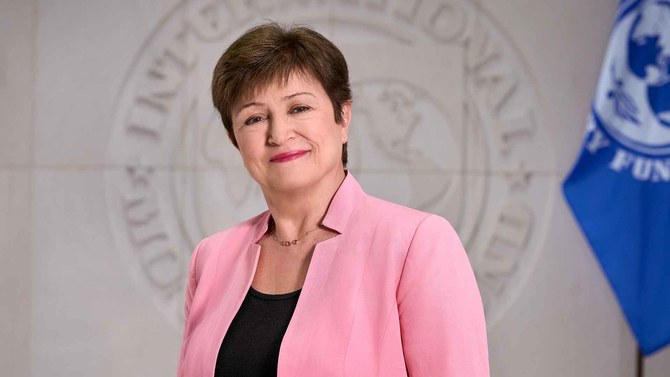
WASHINGTON, July 22 (Reuters) - The International Monetary Fund on Thursday said it would revamp its concessional lending programs to better support low-income countries during the COVID-19 pandemic and recovery, and raised the prospect of limited sales of IMF gold to boost its lending capability.
The IMF said its executive board last week backed reforms that include raising the access limits for concessional financing for low-income countries by 45%; eliminating access limits for the poorest countries with eligible programs; and maintaining zero-percent interest rates on such loans.
The changes are needed given an eightfold increase in IMF lending to low-income countries to $13.2 billion in 2020, and signs that demand for concessional financing will remain high for several years, the IMF said.
“The two-stage funding strategy that was approved by the IMF Board will secure the resources that we need to really get through this pandemic and its immediate aftermath," said Christian Mumssen, deputy director of the IMF"s Financial Department, told reporters.
To boost the lending capacity of its Poverty Reduction and Growth Trust, the IMF said it would seek an additional $18 billion in coming years from member countries, on top of some $24 billion already raised since the start of the crisis, plus $4 billion in subsidies to support zero-percent interest rates.
Richer member countries could channel their existing and new Special Drawing Rights emergency reserves to raise the funds, the IMF said, adding that the expected approval of a $650 billion increase in the IMF"s SDR allocation this August could help facilitate the fund-raising process.
The changes are part of a two-stage plan that calls for finding a "lasting solution" to the IMF"s concessional financing model in 2024-2025, including through a possible "limited sale" of the IMF"s gold reserves, according to an IMF staff paper.
In a news release, the IMF said its executive board recognized that the push for additional funding from members was "substantial," but underscored the important role the PRGT had played in helping low-income countries respond to the pandemic.
It said many directors recommended an early exploration of all financing options, including mobilizing internal IMF resources and exploring gold sales ahead of the second stage.
However a few directors did not support that option, citing the complexity and length of time needed to carry out such sales, as well as "possible impacts on the strength of the Fund"s balance sheet."
Reporting by Andrea Shalal Editing by Chizu Nomiyama and Sonya Hepinstall
Our Standards: The Thomson Reuters Trust Principles.












